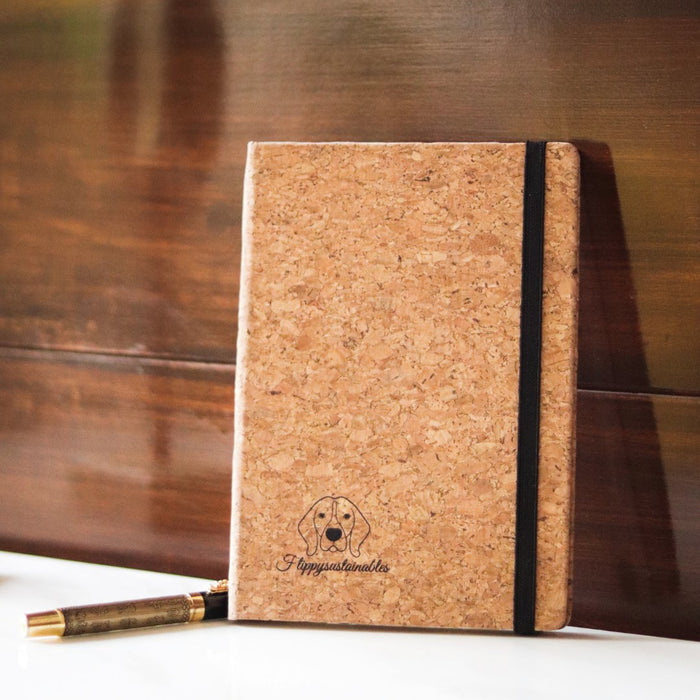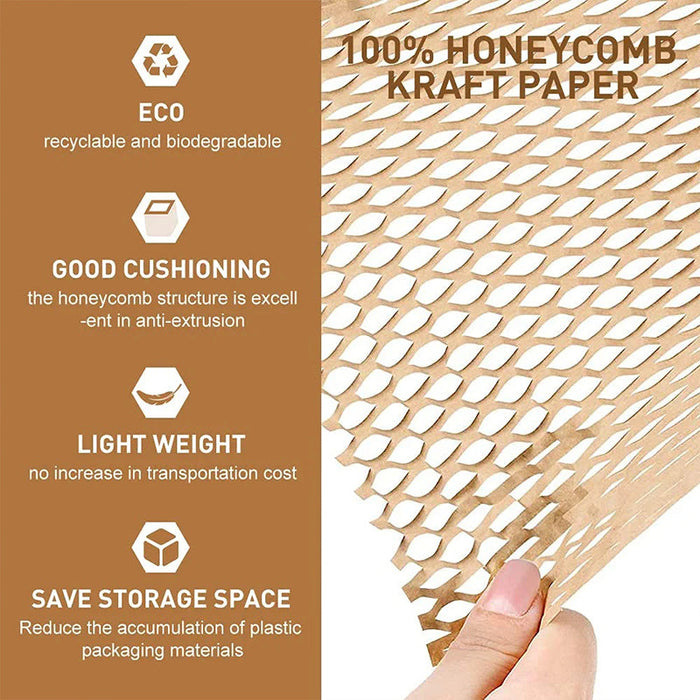

Is there a planet B?
In a world filled with fear and uncertainty, people constantly search for hope and a sense of security. With the rapid pace of global warming and the depletion of our planet's resources, it's natural for us to wonder if there's a backup plan, a "Planet B" where we can escape if things get too bad here on Earth.
Well, folks, I've got bad news for you: there is no Planet B. As the great astrophysicist Carl Sagan once said, "If you wish to make an apple pie from scratch, you must first invent the universe." And despite our best efforts, we've yet to invent a single planet that can match the conditions on Earth, let alone support human life.
When it comes to our solar system, the options are even more limited. Out of all the planets, only one, Earth, has the right combination of atmosphere, temperature, and water to support life. Mars often touted as a potential "Planet B," is just too cold and dry to support human life without extensive terraforming. As another great scientist, Stephen Hawking, warned, "We are in danger of destroying ourselves by our greed and stupidity. We cannot remain to look inward at ourselves on a small and increasingly polluted and overcrowded planet."
But why should we settle for just one measly planet when we can have two, three, or even ten times the resources and space we have now? Why not just terraform other planets and make them our new homes?
Ah, the power of wishful thinking. Unfortunately, terraforming is not as simple as it sounds. It would require us to manipulate the climate, atmosphere, and ecosystems of entire planets, and even then, it might not be enough to sustain human life. In a recent study, experts estimated that terraforming Mars could take anywhere from hundreds to thousands of years and cost trillions of dollars.
So, what can we do to save ourselves and our planet?
The answer is simple: we need to take care of the ones we have and embrace eco-friendly and sustainable practices. As an environmental activist, Greta Thunberg, so brilliantly said, "Change is coming, whether you like it or not." According to the Intergovernmental Panel on Climate Change (IPCC), global CO2 emissions need to decrease by 45% from 2010 levels by 2030, and reach net zero by 2050, in order to limit global warming to 1.5°C.
We also need to invest in renewable energy, with the International Energy Agency reporting that renewables need to provide 50% of the world's energy by 2030. And we must work to protect our planet's ecosystems, as the loss of biodiversity is occurring at an unprecedented rate, with over 1 million species at risk of extinction, according to the United Nations.
There is no Planet B. We are responsible for the fate of this planet and all its inhabitants. So, let's start acting like it by embracing sustainability and eco-friendly practices. Whether it's reducing our carbon footprint, using reusable bags and water bottles, or investing in clean energy, every little bit helps fight against global warming.
In conclusion, the next time you hear someone asking if there's a Planet B, just tell them there's only one Earth, and it's up to us to save it. The future of our planet and all its inhabitants rests on our actions, so let's take the necessary steps to protect it for generations to come through sustainable and eco-friendly practices. As famous naturalist and broadcaster, David Attenborough, has said, "The question is: are we happy to suppose that our grandchildren may never be able to see an elephant except in a picture book?" Let's not leave behind A.









